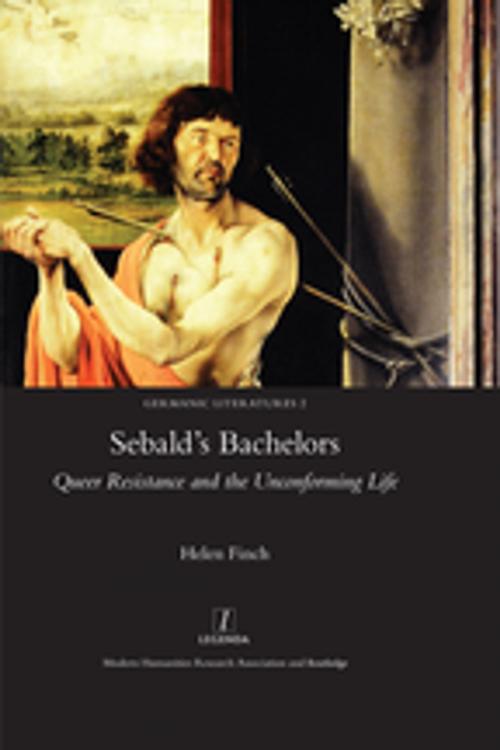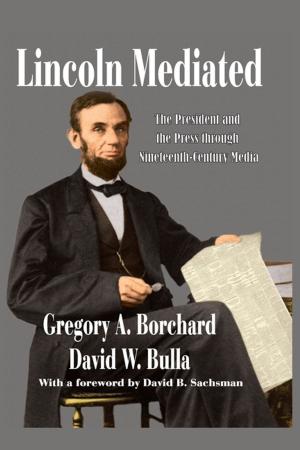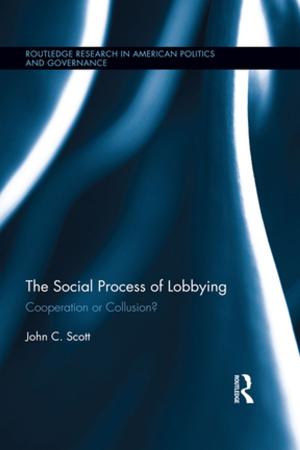Sebald's Bachelors
Queer Resistance and the Unconforming Life
Fiction & Literature, Literary Theory & Criticism| Author: | Helen Finch | ISBN: | 9781351191531 |
| Publisher: | Taylor and Francis | Publication: | December 2, 2017 |
| Imprint: | Routledge | Language: | English |
| Author: | Helen Finch |
| ISBN: | 9781351191531 |
| Publisher: | Taylor and Francis |
| Publication: | December 2, 2017 |
| Imprint: | Routledge |
| Language: | English |
"Why do queer bachelors and homosexual desire haunt the works of the German writer W. G. Sebald (1944-2001)? In a series of readings of Sebald's major texts, from 'After Nature' to 'Austerlitz', Helen Finch's pioneering study shows that alternative masculinities subvert catastrophe in Sebald's works. From the schizophrenic poet Ernst Herbeck to the alluring shade of Kafka in Venice, the figure of the bachelor offers a form of resistance to the destructive course of history throughout Sebald's critical and literary writing. Sebald's poetics of homosexual desire trace a 'line of flight' away from the patriarchal and repressive order of German society, which, in Sebald's view, led to the disasters of Nazism. This study shows that the potential for subversion personified by Sebald's solitary males is essential for understanding his celebrated work, while also demonstrating the contribution that Sebald made to the German tradition of queer writing. Helen Finch is Academic Fellow in German at the University of Leeds."
"Why do queer bachelors and homosexual desire haunt the works of the German writer W. G. Sebald (1944-2001)? In a series of readings of Sebald's major texts, from 'After Nature' to 'Austerlitz', Helen Finch's pioneering study shows that alternative masculinities subvert catastrophe in Sebald's works. From the schizophrenic poet Ernst Herbeck to the alluring shade of Kafka in Venice, the figure of the bachelor offers a form of resistance to the destructive course of history throughout Sebald's critical and literary writing. Sebald's poetics of homosexual desire trace a 'line of flight' away from the patriarchal and repressive order of German society, which, in Sebald's view, led to the disasters of Nazism. This study shows that the potential for subversion personified by Sebald's solitary males is essential for understanding his celebrated work, while also demonstrating the contribution that Sebald made to the German tradition of queer writing. Helen Finch is Academic Fellow in German at the University of Leeds."















